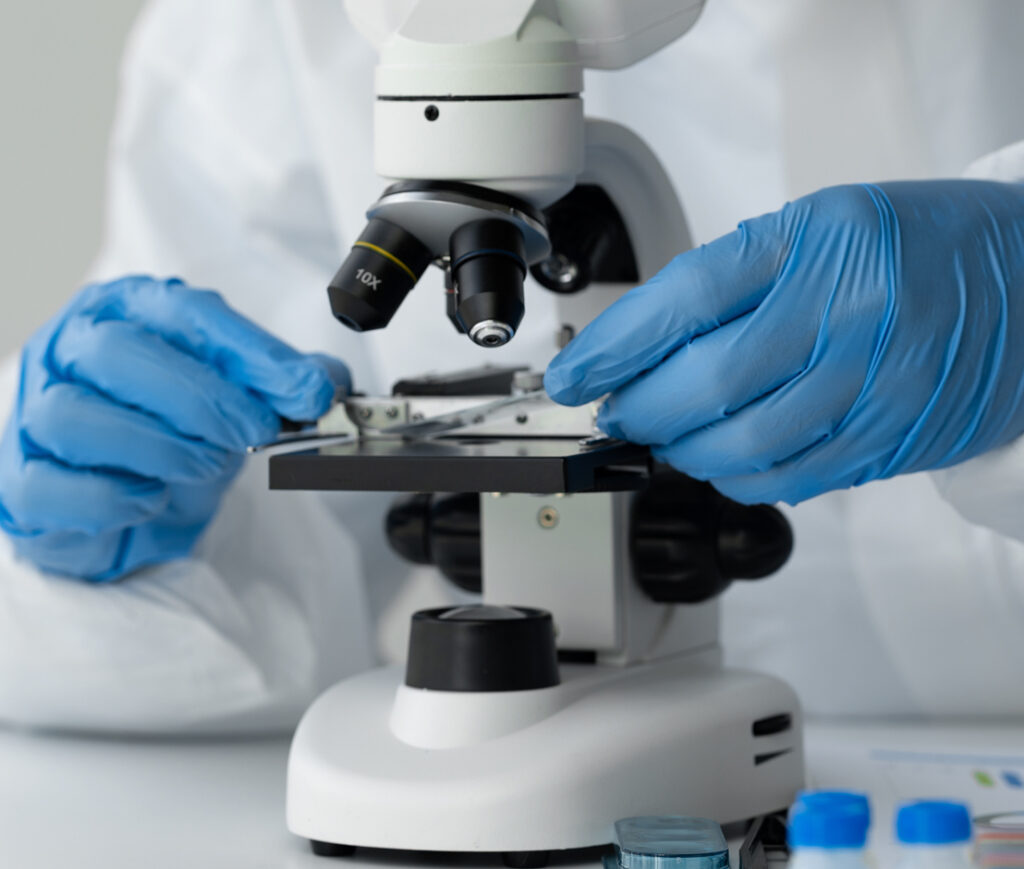
The integrity of medical testing relies heavily on the rigorous quality control measures implemented within medical laboratories. These measures are designed to ensure that every test result is accurate, reliable, and consistent, which is crucial for the effective diagnosis and treatment of patients. Quality control in medical laboratories is a multifaceted process involving the standardization of procedures, regular calibration of equipment, and continuous training of personnel. This comprehensive approach guarantees that the data produced is trustworthy, forming the backbone of clinical decision-making.
One of the foundational elements of quality control in medical laboratories is the standardization of procedures. This involves the development and strict adherence to standardized protocols for every test performed. Standard operating procedures (SOPs) are meticulously documented, detailing every step of the testing process from sample collection to result interpretation. By following these protocols, laboratories minimize the risk of human error and ensure that tests are performed consistently, regardless of who conducts them.
In addition to SOPs, laboratories participate in external quality assessment (EQA) programs, which provide an objective measure of performance. EQA involves comparing a laboratory’s test results with those from other laboratories and reference standards. Discrepancies are analyzed, and corrective actions are taken to address any deviations. This continuous benchmarking against external standards ensures that laboratories maintain high levels of accuracy and reliability in their testing processes.
The accuracy of laboratory tests is heavily dependent on the precision of the equipment used. Regular calibration and maintenance of laboratory instruments are critical components of quality control. Calibration involves adjusting the equipment to ensure that it produces results within an acceptable range of accuracy. This process is typically performed using reference materials with known properties. By calibrating equipment regularly, laboratories can detect and correct any drift in measurements, ensuring that test results remain consistent over time.
Maintenance of laboratory equipment is equally important. Routine maintenance schedules are established to check for wear and tear, clean components, and replace parts as needed. Preventative maintenance helps avoid equipment malfunctions that could lead to inaccurate results or downtime. Moreover, laboratories often implement redundancy measures, such as having backup instruments, to ensure that testing can continue uninterrupted in case of equipment failure. These practices collectively contribute to the reliability of the testing process, safeguarding the quality of results.

The human element in laboratory testing cannot be overlooked. Continuous training and competency assessment of laboratory personnel are vital for maintaining high standards of quality control. Regular training programs are designed to keep staff updated on the latest advancements in laboratory techniques, equipment usage, and quality control practices. These programs also emphasize the importance of adhering to SOPs and understanding the implications of test results.
Competency assessments are conducted periodically to evaluate the proficiency of laboratory personnel. These assessments may include practical exams, proficiency testing, and peer reviews. By identifying areas where staff may need additional training or support, laboratories can address potential weaknesses before they impact test results. A culture of continuous improvement and professional development ensures that laboratory staff are well-equipped to deliver accurate and reliable results consistently.
Quality control in medical laboratories is a complex, ongoing process that encompasses the standardization of procedures, calibration, and maintenance of equipment, and continuous training of personnel. These measures are essential to ensure that laboratory tests provide accurate and reliable data, which is crucial for the effective diagnosis and treatment of patients. As the field of medical laboratory science continues to evolve, the commitment to stringent quality control practices will remain a cornerstone of the profession, ensuring the highest standards of care and contributing to the overall health and well-being of society.